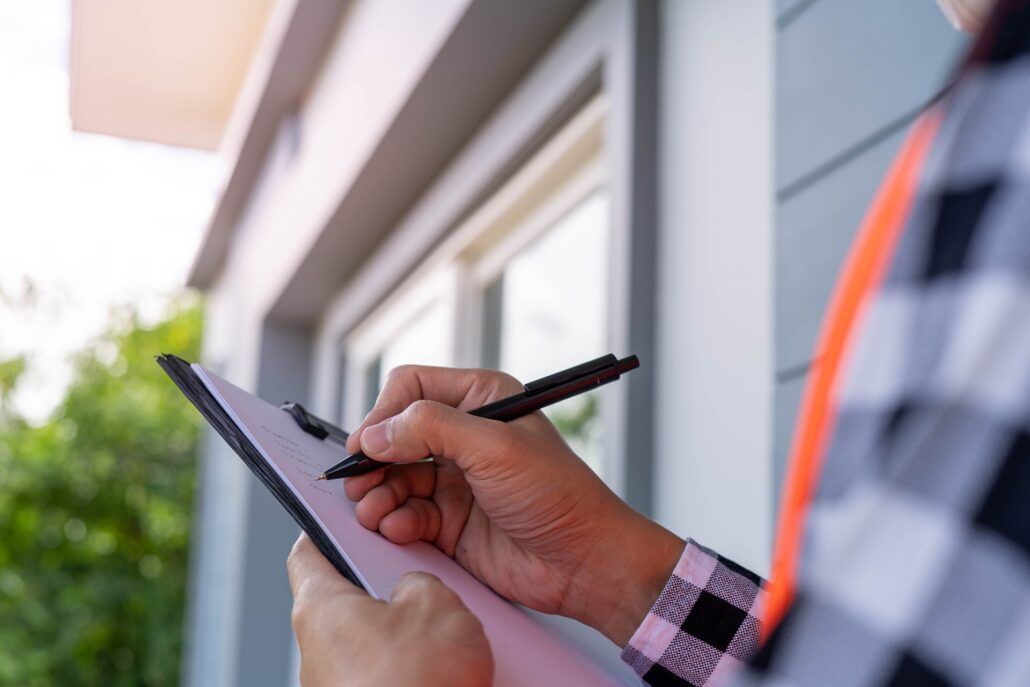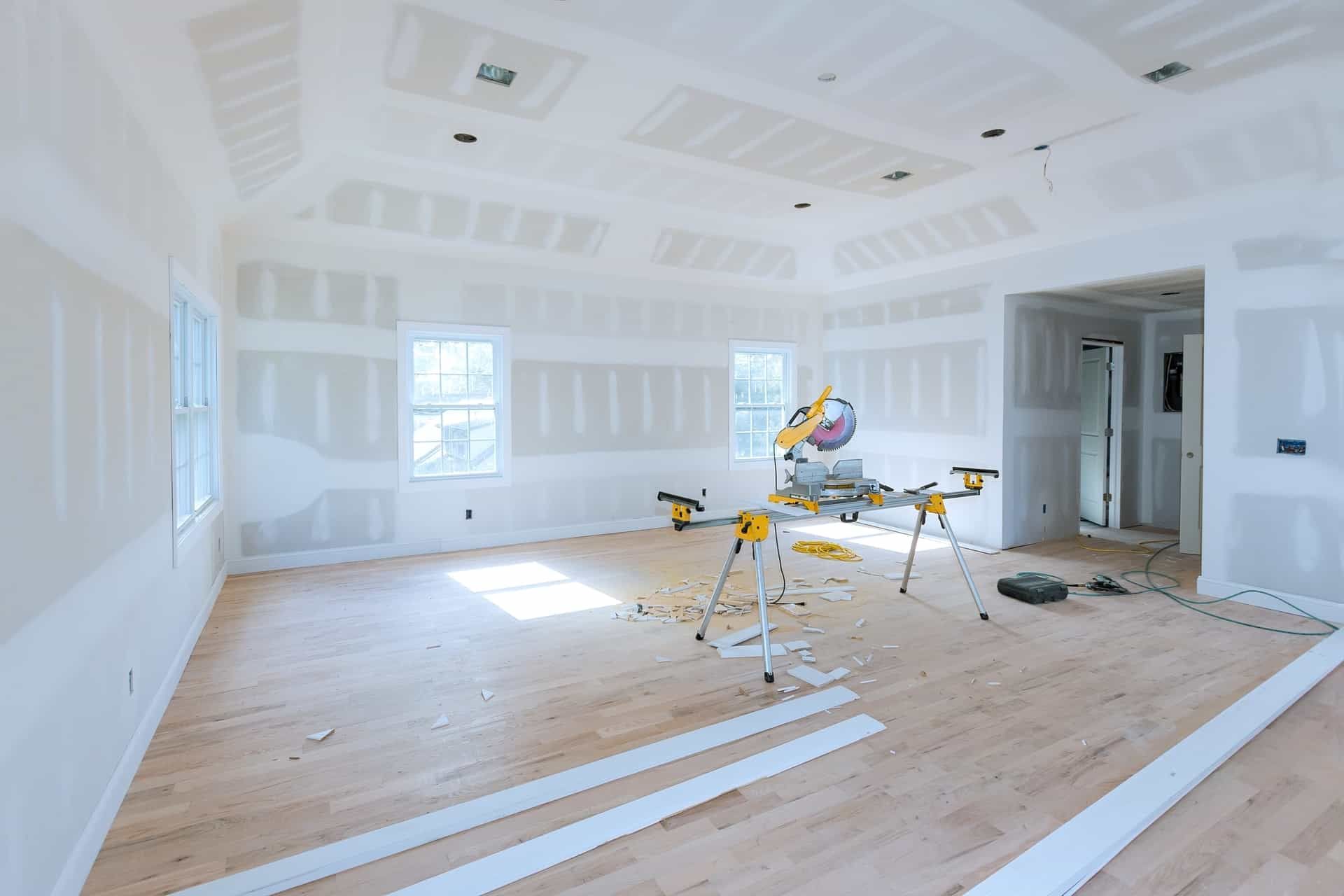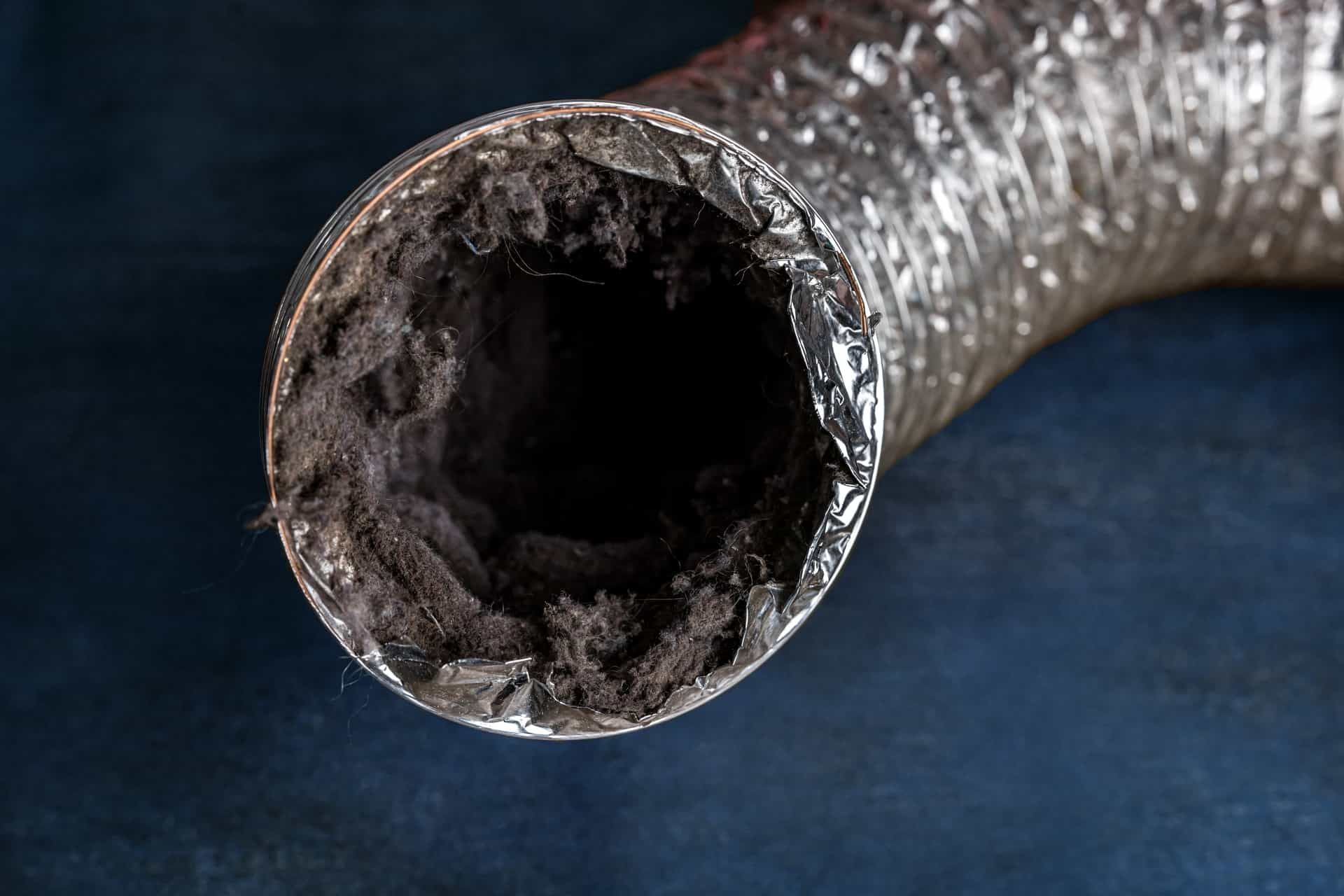Should You Rely On Re-inspections?
A home inspection is one of the most important parts of purchasing a property. Think about it - without a report from an experienced inspector, you would have to take the seller at their word.
But with a home inspection, you get an accurate breakdown of the property’s condition, as well as a new bargaining chip to renegotiate the price or ask the seller to make the necessary repairs before finalizing the deal.
While that’s all fine and dandy, what happens if the seller agrees to address the issues? Who verifies repairs after home inspection?
As luck would have it, most home inspectors, including us here at
Guardian Angel Inspections offer re-inspections.
Let’s go over everything you need to know.
What Is A Re-inspection?
As the name suggests, a re-inspection is a visual examination of a property that was already inspected. Home inspection reports are very detailed and come with a list of minor issues, along with major structural problems.
A re-inspection can help buyers ascertain whether a seller made all the repairs they agreed to do, and if the quality of said fixes is satisfactory.
Who Verifies Repairs After Home Inspection?
The short answer is, any home inspector. Still, the most effective way of verifying the quality of the repairs is to have the same inspector who conducted the original inspection. This is especially important if the condition of the property was found to be subpar and the repairs in question fall into the category of crucial repairs, such as the electrical system or the foundation.
How To Negotiate The Repairs
Now that you’re familiar with who verifies repairs after home inspection, it’s time to look at the main considerations when negotiating the repairs with the seller, some of which include:
- Precision of the repair requests
One of the biggest mistakes soon-to-be homeowners make in this process is being too broad with their requests - a recipe for disaster.
You should clearly specify which repairs you want to be made. If you have no idea, consult your home inspection report as it will contain the breakdown of all issues and suggestions for remediation.
- Focus on bigger repairs
It’s easy to get swept away by all the possibilities and ask the seller to do everything. Still, this is not recommended. For starters, homes that are otherwise in good condition will also have minute issues like squeaky windows or a discolored faucet - things that don’t really matter when looking at the big picture.
Furthermore, focusing on these issues will most likely complicate things and detract from crucial fixes - those that actually have a drastic impact on the financial viability of the purchase.
In conclusion, only demand the seller to tackle big repairs and address all the rusted door hinges after you move in.
- Ask for building permits
To minimize the possibility of shoddy repairs, consider asking for all the permits when making your request for the repairs. That way, the buyer is more likely to take extra care because their work will be under scrutiny by a licensed professional.
This is only possible if you’re not in a rush to close the sale as the process of acquiring all the permits will significantly push back the rennovations.
Reasons Why You Should Avoid Letting The Seller Conduct Repairs
Having the seller take care of the repairs seems like the simplest solution. After all, they’re still the owner of the property and they’ll probably be more willing to address all the issues without having to go through the hassle of adjusting the price.
Additionally, it also saves the buyer trouble of having to organize the repairs or go through the hassle of a major repair project after purchasing the property.
Just because it’s a straightforward and convenient solution doesn’t mean it’s perfect. While it’s true you can rely on re-inspections to confirm the quality of the work done, so many things can go wrong, such as:
1. Repairs not being done
We’ve performed many re-inspections over the years where a few of the agreed-upon repairs were simply brushed under the rug. To make matters worse, since no contract was put in place, the seller failed to provide a reasonable explanation as to why they didn’t uphold their end of the deal.
This can end up wasting everyone’s time and seeing that it’s the buyer who usually pays for the re-inspection, a waste of your money.
2. Incomplete repairs
Sellers may claim they’ll conduct the repairs themselves, but you can’t ever be sure, especially if the seller is not a licensed contractor. Even if they hire a professional, it still doesn’t provide a guarantee that the result will be acceptable.
For instance, the inspection may have revealed a missing GFCI outlet in the basement, which the seller then replaced after negotiations with the buyer. In doing so, they cleared out a few boxes that were blocking access to an extra few electrical outlets that aren’t working properly.
Those outlets will need to be replaced, and the whole issue would have been avoided if you hadn’t agreed to let the seller take care of the repairs.
3. Repairs don’t fix the underlying issue
The seller may have agreed to resolve a glaring issue with the property without noticing the report made note of several related fixes. In such a case, the repair may not eliminate the overall problem, and you’ll still be stuck with a restoration project once you purchase the property.
A clear example of this is a situation in which the inspector suggests a roof replacement and mentions a leak. Being none the wiser, you accept the seller’s offer to address the problem. Once your inspector comes back in, they notice that while the leak has been addressed, the roof is still in dire condition and the chances of a new leak happening aren’t zero.
The result is typically drama between the two parties - the buyer is furious because the repair is incomplete, and the seller is mad because they can’t proceed with closing the deal.
How To Avoid The Issue Altogether?
The best way to circumvent around this scenario is to take more control of the negotiation process. Try to adjust the price of the property to accommodate the repairs which you’ll then complete on your terms.
You can also ask the seller to fund the repairs and let you choose the contractors that will get the job done.
Lastly, if the seller insists on conducting the repairs, demand they provide you with the receipts and warranties from qualified tradespeople.
Save Yourself A Headache With Guardian Angel Inspections
You should always conduct the repairs on your own, but the reality is that you may have to rely on the seller. In that case, a re-inspection can serve as an extra line of defense and a way to move the sale in the right direction.
If your original inspector is unavailable,
schedule a re-inspection or a completely new inspection with Guardian Angel Inspections by calling
(561) 512-7854. We strive to provide an exceptional service, and we annually assist over a thousand customers in South Florida in making the best real estate decisions.
Disclaimer: The information on this website and blog is for general informational purposes only and is not professional advice. We make no guarantees of accuracy or completeness. We disclaim all liability for errors, omissions, or reliance on this content. Always consult a qualified professional for specific guidance.
Share this entry







